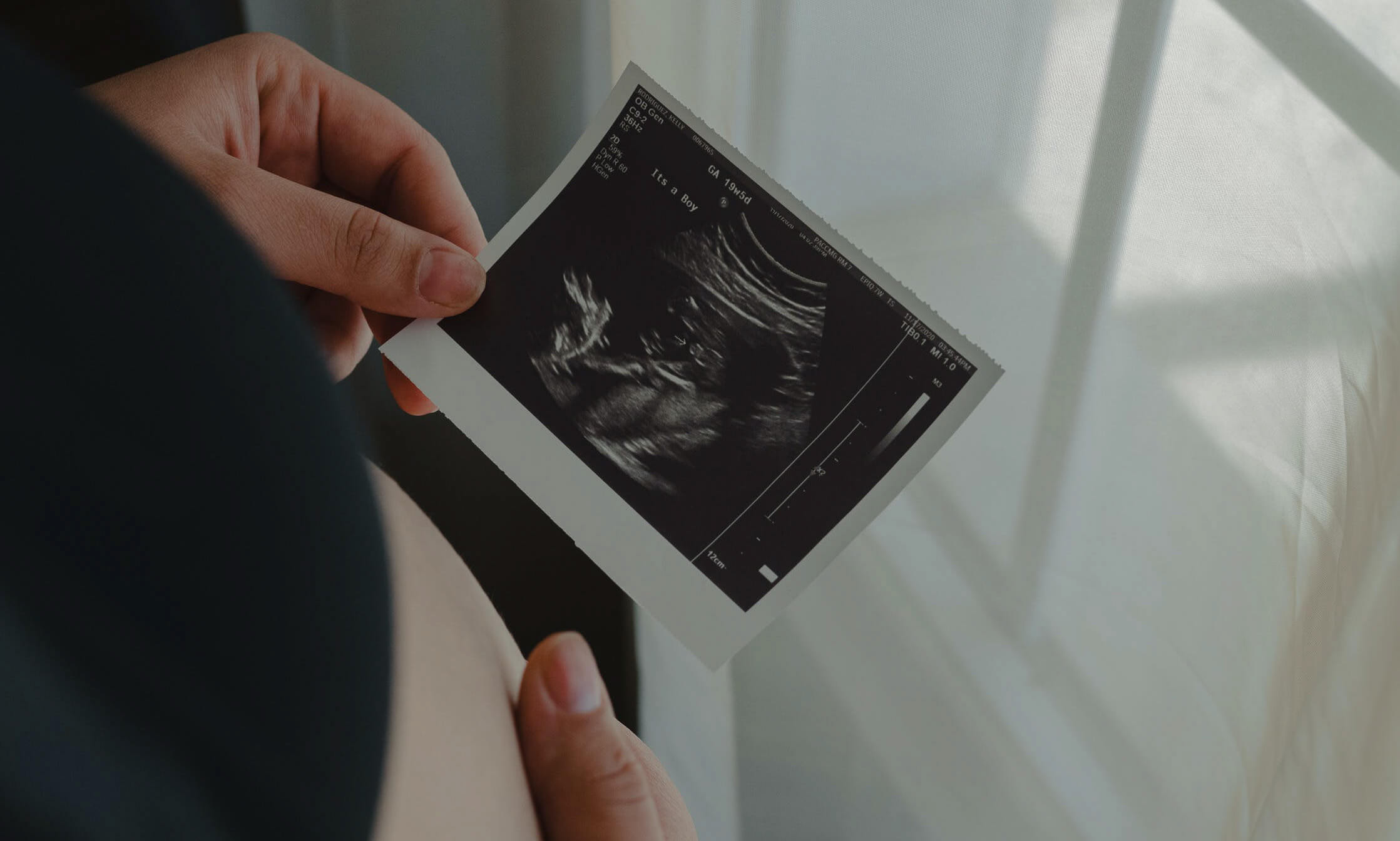
Last week, the Concordia Center for Bioethics hosted a webinar featuring Dr. Katrina Furth, who shared how we all changed from one cell into organisms that can reason, remember, and relate to others.
As a senior biomedical sciences major and bioethics minor I made sure to be in the audience. Here’s a bit about what I learned.
About the speaker
Dr. Katrina Furth is an associate scholar at the Charlotte Lozier Institute in Washington, DC, which promotes science and statistics for pre-life causes. Since graduating with a PhD in Neuroscience from Boston University, she has worked as an adjunct professor at Catholic University in Washington, DC. She is also the lead author of the VoyageofLife.com website.
Dr. Furth addressed students and employees at Concordia University on Tuesday, Oct. 24 via a webinar that also reached many all over the country.
Definitions established
As any good argument does, Dr. Furth began her talk by explaining the differences in definitions used for the topic of fetal development. She described the confusion that surrounds the varying idea as to when life begins. According to her, the starting point of life occurs when a “unique living individual is formed.” Using this definition, her argument revolves around the idea that life begins at fertilization between the egg and sperm.
After establishing the meaning of her words, Dr. Furth moved into the meat and potatoes of her conversation by going over the timeline in which a fetus grows. As it develops, she highlighted anatomical stages of growth, such as structures necessary for the reception and awareness of pain, and the first detectable heartbeat. While it isn’t exactly clear when a fetus can feel pain, science is showing that it’s much earlier than the abortion deadline of 24-26 weeks gestational age. To add flavor to her talk, she also included visuals, one of those being a video captured by a 4D ultrasound which showed a fetus’ face in agony as its body was pierced by a needle containing anesthesia.
Application
To ensure the facts presented in her webinar could not be dismissed by those who are Pro-Choice, Dr. Furth left the religious aspect of fetal development at the door and strictly presented scientific facts with the hope that her Pro-Life stance would be powerful enough to dissuade those who listened from getting an abortion.
As someone who hopes to become a medical doctor one day, I found this talk enlightening as it equipped me with language and knowledge to utilize should the debate arise in my profession. While Dr. Furth did address certain times in which an abortion may be necessary, such as ectopic pregnancy, she also talked about the research scientists are conducting that would allow for the replanting of the zygote into the uterine lining. This procedure would be done as a way to maintain the life of the developing fetus as well as the mother.
After attending the talk, I am thankful to be attending a Christian university that instills moral ethics into the medical actions in which I hope to one day work with.
Want more?
The Concordia Center for Bioethics is a Christian academic center that applies God’s Word to issues involving biology and health care through teaching, service, and research. View the CCB website by clicking below.
—This article is written by Hunter Moore. He plans to graduate in May 2024 with a bachelor’s degree in biomedical sciences and a minor in bioethics.